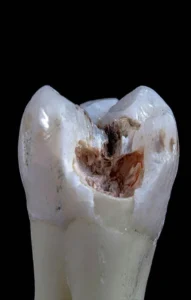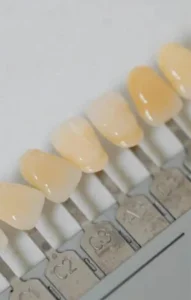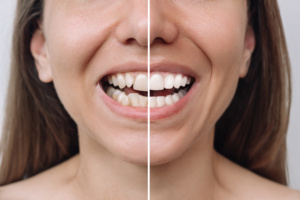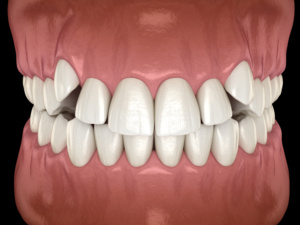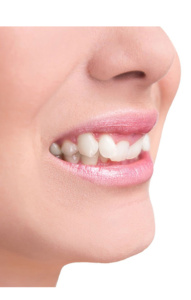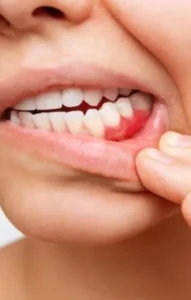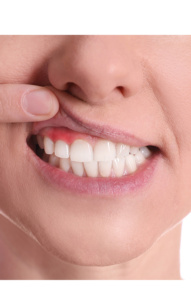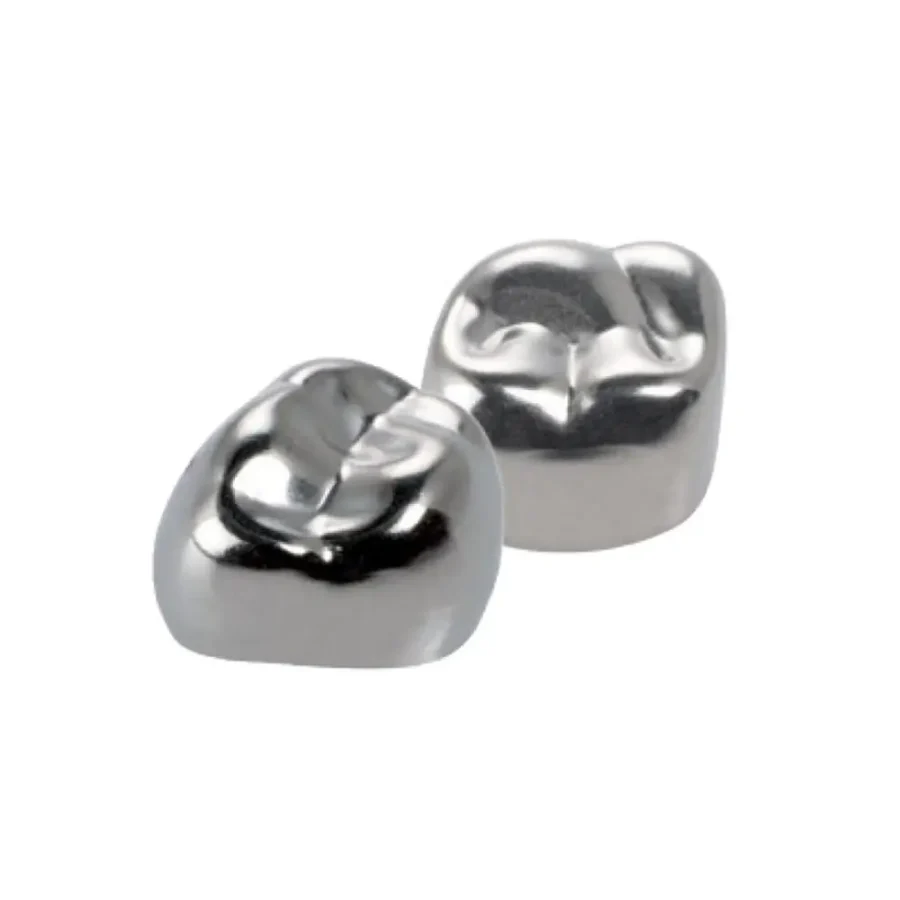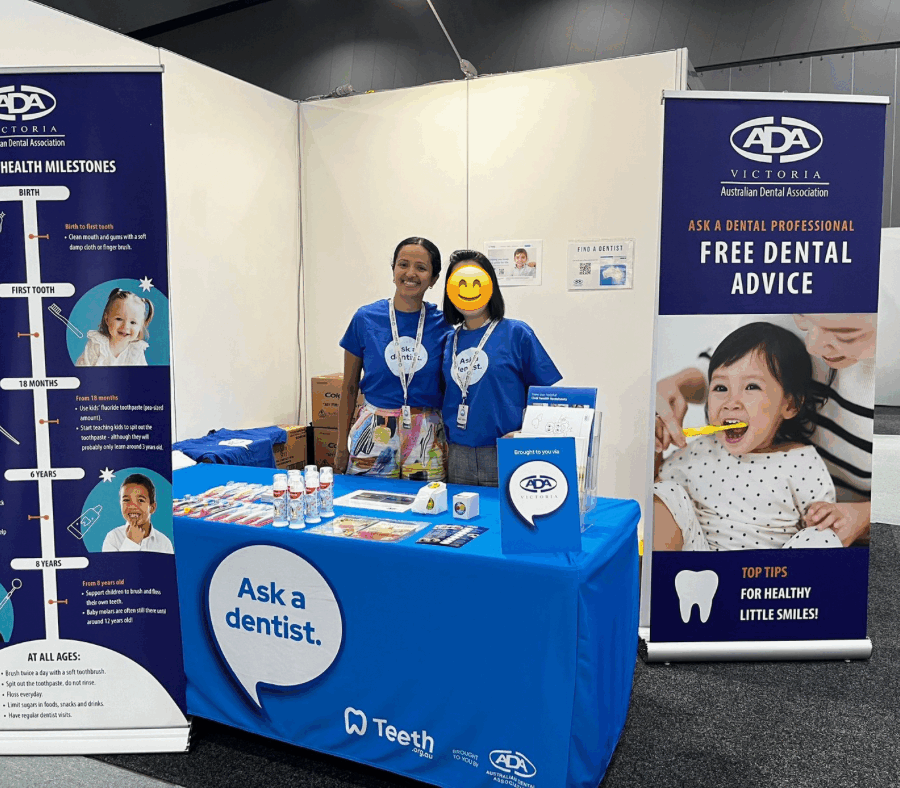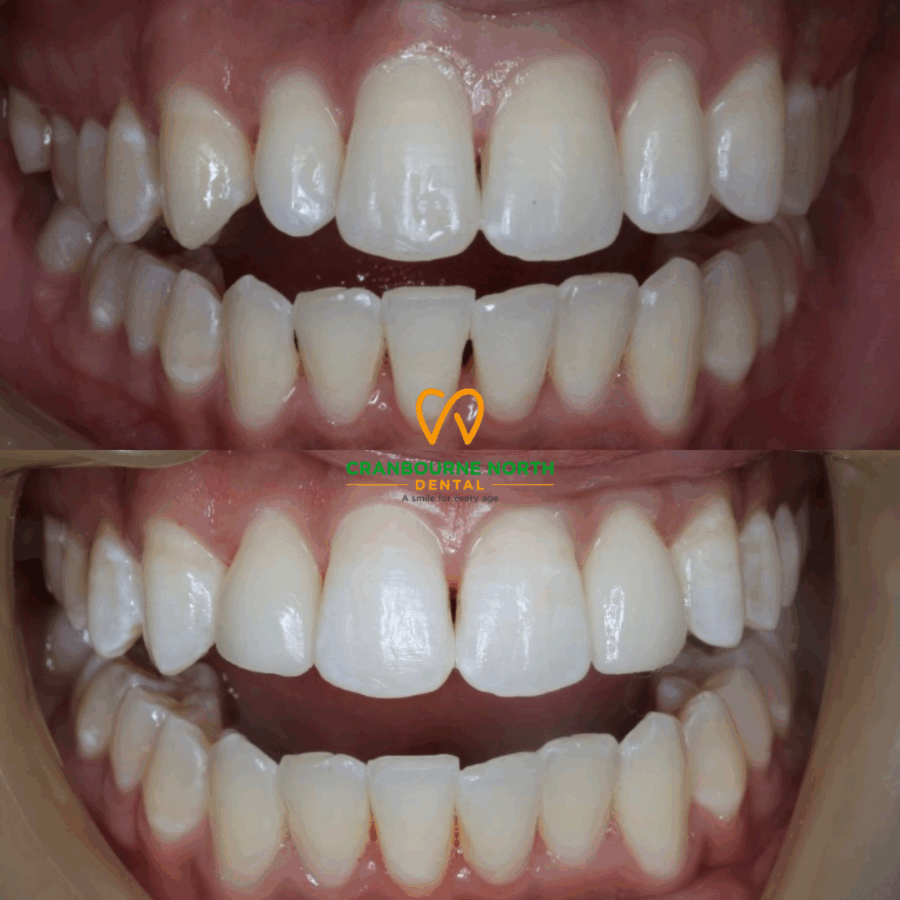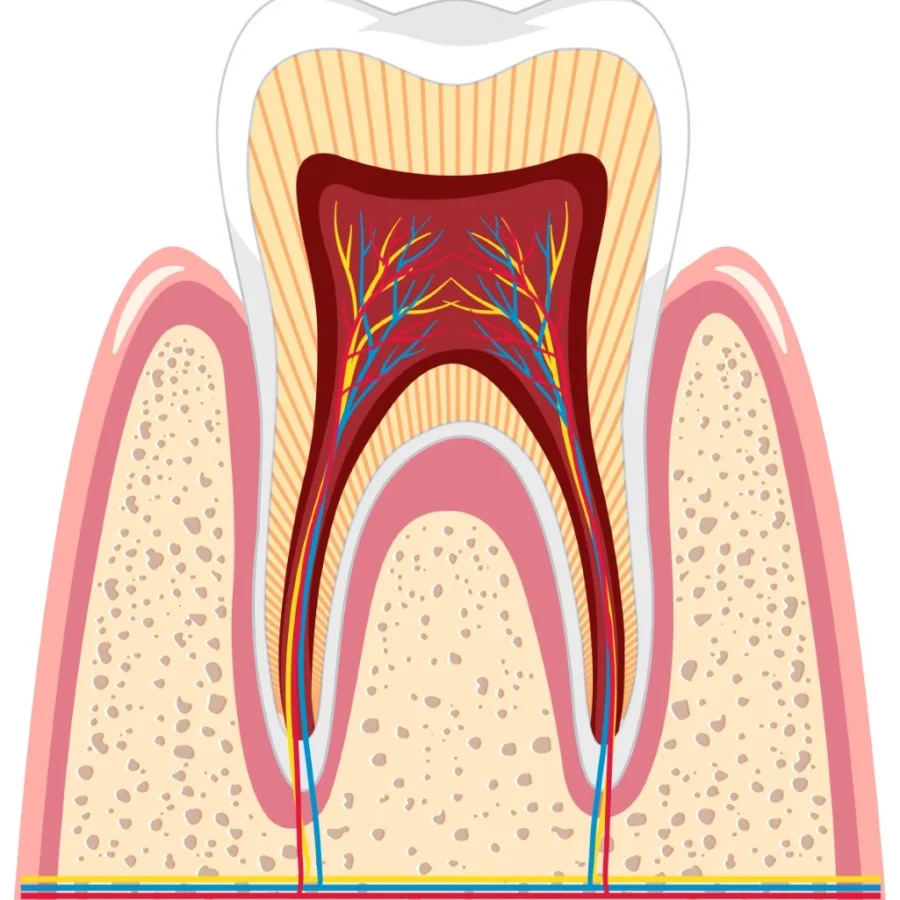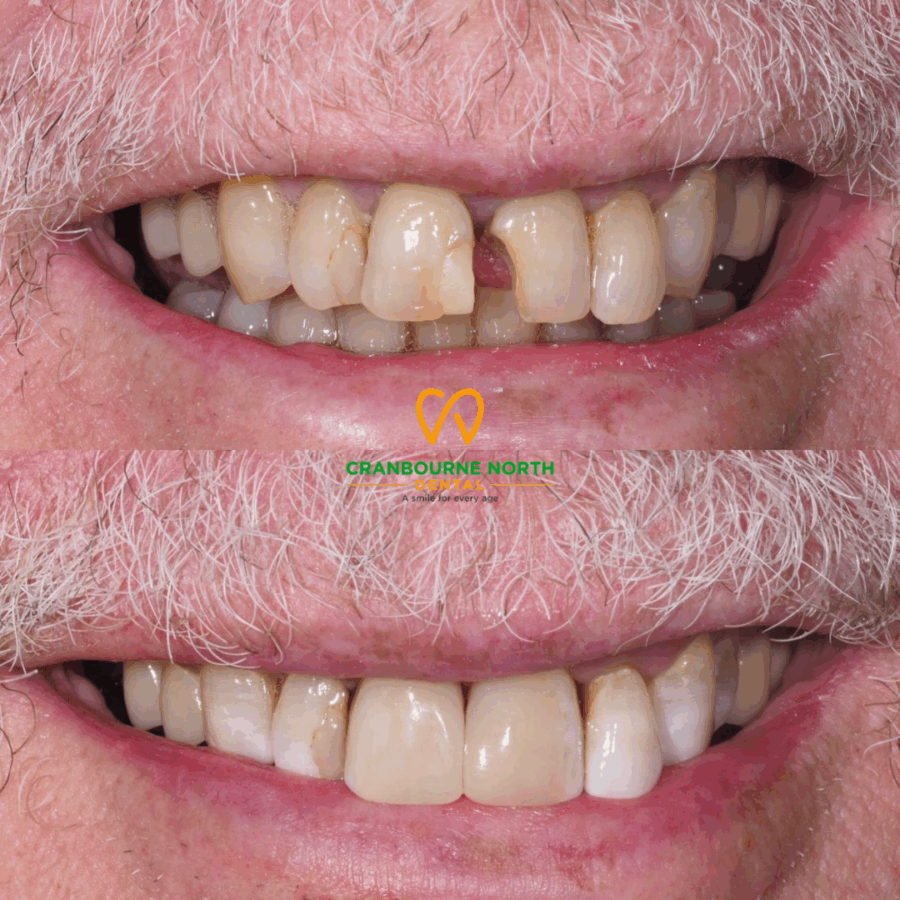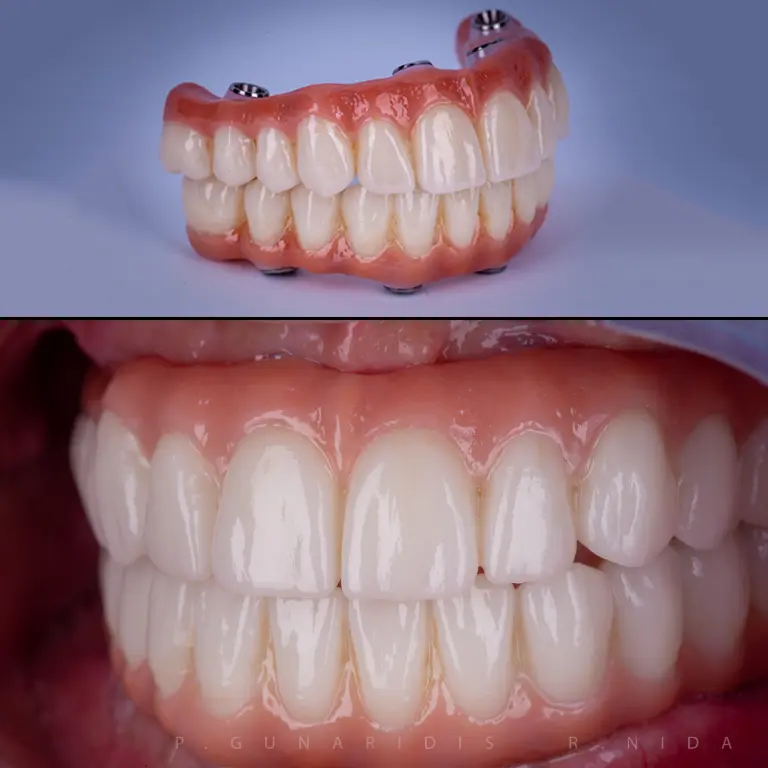
Full Mouth Dental Implants
If you’re missing all your upper or lower teeth, Full Mouth Dental Implants can offer a life-changing solution. Thanks to modern dental technology and materials, patients no longer have to rely solely on dentures and soft foods. With dental implants, you can regain the ability to chew comfortably, speak clearly, and smile with confidence.
What Are Full Arch Dental Implants?
Dentists recommend Full Arch Dental Implants for patients who have lost all or most of their natural teeth in the upper or lower jaw. During the procedure, they surgically place 3 to 6 dental implants—typically 4—into the jawbone to serve as stable anchors. After the healing period, they attach a custom-made dental prosthesis, either fixed or removable, to the implants. This restoration fully restores both the function and appearance of a complete set of teeth.
Am I a Candidate for Full Mouth Dental Implants?
Before undergoing treatment, your dentist will assess your suitability. Several factors can affect the success of dental implants, including:
Medical Conditions
Certain health issues—such as uncontrolled diabetes, heart disease, cancer, osteoporosis or medications like bisphosphonates and immunosuppressants—may impact healing and dental implant success.
Smoking and Vaping
Nicotine restricts blood flow and slows healing, increasing the risk of Dental implant failure. If you smoke or vape, your dentist may advise quitting before treatment.
Bone Quality and Quantity
Dental Implants require sufficient bone height, width, and density. If bone loss has occurred, procedures such as bone grafting or sinus lifts may be recommended before dental implant placement.
Why Choose Us
Our surgeons specialise in multiple tooth to full mouth replacements, including full mouth reconstruction. We use minimally invasive techniques and offer sedation options for comfort. Accessible payment plans are available to help restore your smile sooner.
- Experienced Dental Implant Surgeons with over 5,000 implants placed to date.
- One location, 1-2 practitioners for your case
- Advanced procedures done on site: Bone grafting & Sinus lifting
- State of the art equipment & keyhole surgery options
- Metal Free Zirconia Implants available
- Various sedation options for certain Dental Implant procedures
- Multiple payment plan options to help you get your teeth back sooner

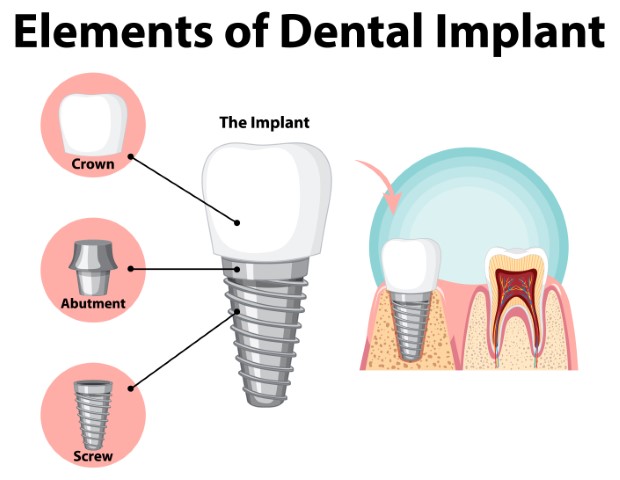
What Is the Process for Full Mouth Dental Implants?
The process for getting Full Mouth Dental Implants involves several careful steps:
Initial Assessment
A full dental examination, including evaluation of any remaining teeth and gums.
A 3D CBCT or CBVT Dental X-ray scan to assess bone volume and structure.
Treatment Planning
A tailored plan is created based on your scans and oral health.
Any necessary preliminary treatments (e.g. bone grafts or extractions) are performed.
Implant Placement
4 to 6 implants are surgically inserted into the jaw.
A temporary prosthesis may be provided on the same day or soon after preliminary healing.
Healing and Osseointegration
Dental Implants are left to fuse with the jawbone, a process known as osseointegration.
Final Restoration
Once healed, a custom full arch implant prosthesis (either a fixed bridge or removable implant overdenture) is attached.
Caring for Your Full Arch Dental Implants
To ensure long-term success, regular maintenance is essential. This includes:
- Routine check-ups and professional cleans.
- Thorough daily cleaning using tools like interdental brushes, super floss, or a water flosser.
- Periodic removal of the prosthesis (for fixed options) for deep cleaning by your dentist.
- Poor oral hygiene is a leading cause of dental implant failure, so diligent care is vital for longevity.
Possible Full Mouth Dental Implant Complications
Even with a success rate of 97% (see here) – Full Mouth Dental Implants can still fail on even the healthiest patients.
Gum Disease, Diabetes and Smoking are the major risk factors dental implant failure. These can increase the failure rate from under 3% to well over 10%. Hence, its important that we carefully manage and assess these risk factors prior to any surgery.
Bone loss around an implant are also another common problem and may affect the integration of the implant to the bone. Bone loss can be due to gum disease (periimplantitis) and if proper checks and cleans are not done on a regular basis, the implants can get infected causing their eventual failure. On rare occasions implants can also fracture if there is heavy teeth grinding.
Perhaps one of the other biggest reasons for dental implant failures are poor material and implant choice coupled with poor surgical techniques. Many cheaper full mouth Dental Implant bridges use the inferior (acrylic) material.
This is why it’s important to choose an experienced Dental Implant Surgeon to carry out your Implant surgery with excellent quality materials! Redundancy planning is particularly important in patients with higher risk of complications.
Call Us or Book Online Now
Common Problems
Frequently Asked Questions For Dental Implants Treatment

How Many Teeth Are on a Full Arch Implant?
Most full arch restorations (per arch) include 12 to 14 teeth, depending on your facial shape, jaw anatomy and size and shape of the teeth.
How Much Do Full Arch Implants Cost?
Costs vary depending on complexity, surgical needs, and prosthetic materials. Approximate pricing:
Fixed Full Arch Implants: From $25,000
Removable Overdentures: From under $20,000
Your dentist provides a detailed quote after completing the preliminary planning and scans.
Are Full Arch Dental Implants Worth It?
Absolutely—if you’ve lost all your teeth or are facing full extraction, Full Arch Implants are the closest option to natural teeth. They offer superior comfort, stability, and aesthetics compared to traditional dentures. Early treatment is ideal to reduce bone loss and simplify the process.
What Types of Full Arch Dental Implants Are Available?
Fixed Implant Bridge: A permanent Dental bridge anchored to implants that is ideal when sufficient bone is available.
Removable Overdentures: Overdentures that attach to connections on implants, offering improved stability over traditional dentures.
Is the Procedure Painful?
You can expect some discomfort after surgery, similar to other dental procedures. Dentists usually manage this effectively with prescribed pain relief and adequate rest. Once the dental implants heal, they do not cause ongoing pain.

